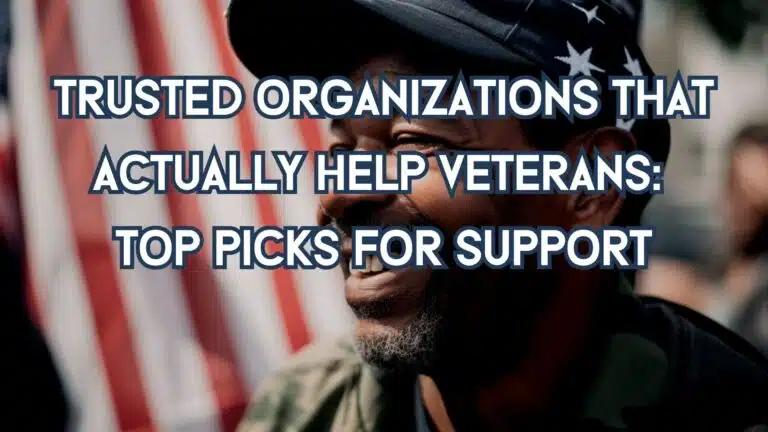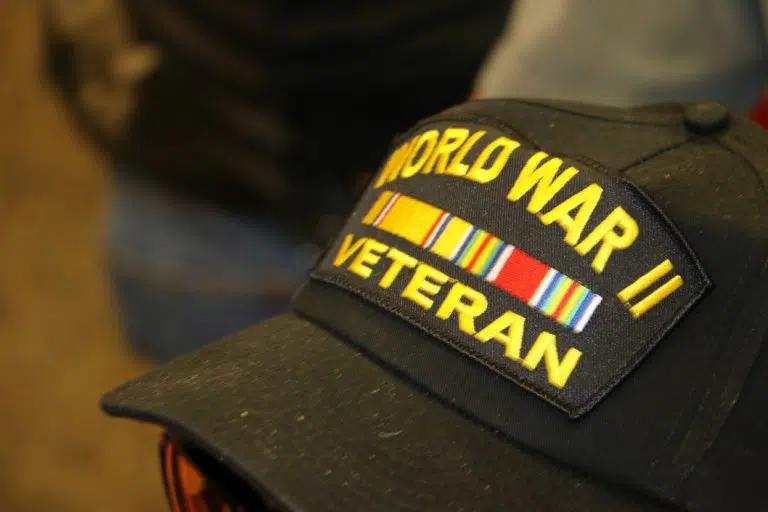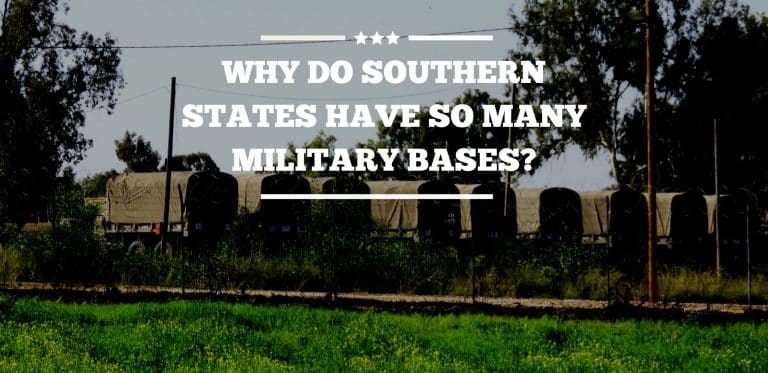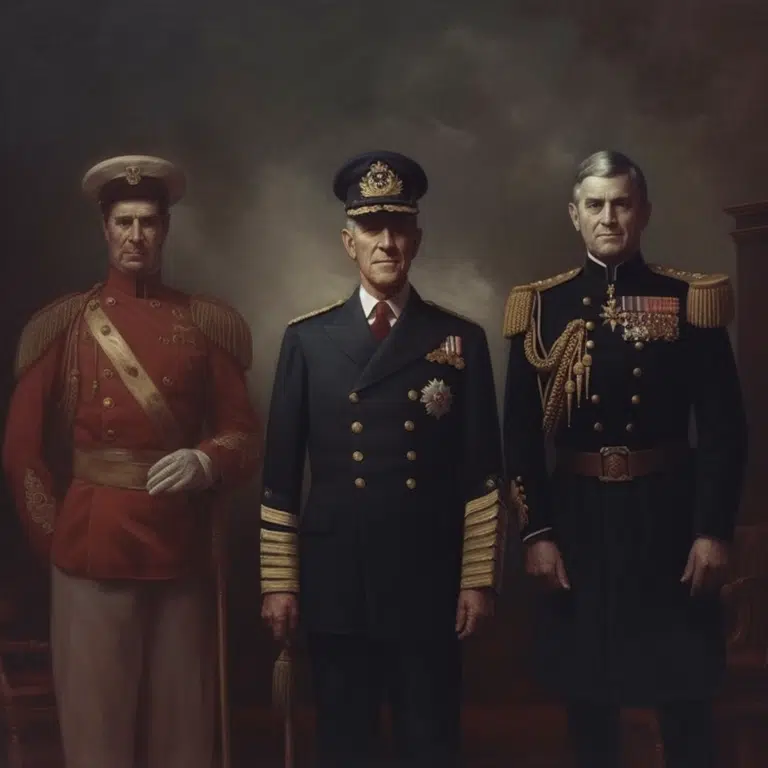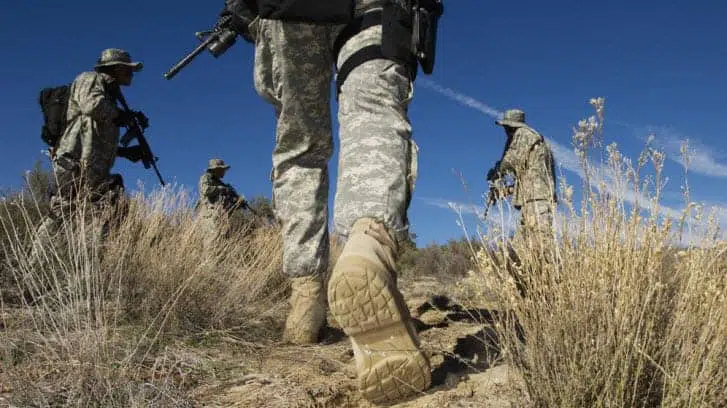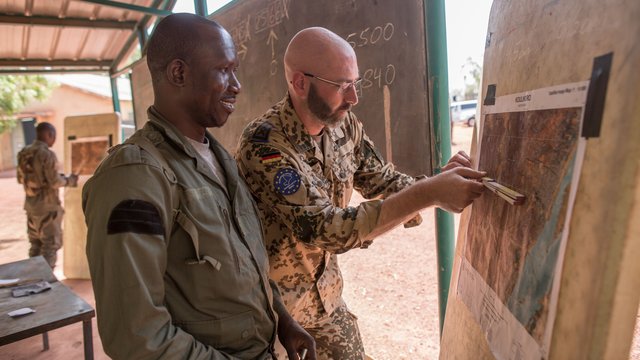What Does The Army Saying “Hooah” Mean? Where Did It Come From?
Important Note: When you buy through our links, we may earn a commission. As an Amazon Associate we earn from qualifying purchases. Content, pricing, offers and availability are subject to change at any time - more info.
By the late 1980s, the ” hooah ” battle call had rapidly extended to the bulk of the army’s major and subsidiary commands through leadership development institutes and more difficult courses like Airborne, Pathfinder, and Air Assault. What does the army saying “Hooah” mean, and where did it come from?
The army saying, “hooah,” translates to “everything and anything except no” and “heard, understood, acknowledged” and has various possible origins. Army personnel uses it on the training field, as a form of communication, and as a battle cry to indicate that the soldiers are ready for battle.
The language of the military is made out of official abbreviations, acronyms, and everyday expressions made up by soldiers as they try to keep the long stretches of boredom humorous before the terrifying call to active duty comes along. ”Hooah” is part of the military’s vernacular, often used in military films, heard across bases all over the country, and uttered by the nation. What does “hooah” mean?
The Meaning Of “Hooah”
The word “hooah” doesn’t mean much to a regular person. To the army, it means the world. It’s a call to action, a call to respond, and a word that replaces many. To army men, a “hooah” can mean “yes,” “I don’t care, but you outrank me, so yes,” “whatever,” “thank you,” “affirmative,” “loud and clear,” “Roger,” “welcome,” or “anything and everything, except no.”
“Hooah” can also mean “Eh?”, “That’s cool,” “You’ve taken the correct action,” “solid copy,” “good,” “all right,” “glad to meet you,” or “that’s hooah – meaning that’s ok.” One word represents so many meanings that only military personnel can truly decipher, depending on how it’s spewed. “Hooah” means buckle up; the ride is about to get bumpy.
Depending on how ”hooah” is used, it can either get army personnel off the hook or earn the user a meeting with the ground to do some well-deserved pushups. There’s a popular saying in the army “When in doubt, use “hooah.” It’s a powerful word many soldiers use to confirm that they “Heard, Understood, Acknowledge” an instruction.
“Hooah” Is A Call To Action
The word “hooah” is a call to action. The word is often used to evoke the common binding spirit within the members of a certain group, to inspire a group, to motivate a group, a call to protect the honor of a group and to inspire each other to greatness.
According to the former Army Chief of Staff General Gordon R. Sullivan, who isn’t even sure how to spell it, it means the following “It means we have broken the mold. We are battle focused. Hooah says, ‘Look at me. I’m a warrior. I’m ready. Sergeants trained me to standard.”’
When soldiers are about to enter the battlefield, a group “hooah” is often heard. It serves as a reminder of togetherness, boosting morale and assuring your buddies that you have their back no matter what. Like a war cry in medieval times, it’s shouted to get the blood flowing, steady the nerves, and remind everyone that this is what they trained for.
“Hooah” Is The Army
The word “hooah” represents the military. You won’t hear it uttered by personnel from sister services; you won’t hear it proudly shouted by Seals or Marines; it belongs to military men and the Airmen in the US Air Force.
It’s a term shouted while training the next generation of soldiers and echoes during Army award ceremonies. It’s bellowed when formations are formed. “Hooah” is earned through sweat, blood, and tears. It’s a word of honor. It’s a word that communicates a range of emotions, and it’s a word that brings brave men and women together – united as one.
Civilians, celebrities, or Instagrammers using the term “hooah” is frowned upon by the military; it’s looked on with disdain, as most soldiers can only use the term after finishing a basic course. A basic course that will break most of the willy-nilly “hooah’ers.”
Where Did The Army Saying “Hooah” Come From?
Origin stories always seem to differ, depending on who you ask. It’s the same when you try to figure out who said ”Hooah” for the first time, where it was first uttered, and what was meant with the iconic saying when it was used initially.
Some state that it was born from a Mongolian war cry, “Hurree,” others refer to the “Huzzah” of the British Infantry, ask any army man if it’s important to know, and the answer will be no. What’s important to understand about “hooah” is the meaning and how to communicate with it.
As there’s no official army document that stipulates the above, as expected, there are various popular origin stories when the birth of ‘Hooah’ comes up for discussion. The following are the most popular ones in circulation:
‘’Hooah” Is An Acronym For “Heard, Understood, Acknowledged”
Widely believed to be an acronym for “Heard, Understood, Acknowledged,” which sounds like “Hooah” when uttered in response to a question, instruction, or call to arms. The first is said to have arisen from the 82nd Airborne Division during WWII when soldiers would respond to commanding commanders’ commands with “HUA.”
“Hooah” Was Born During The Vietnam War
Many believe that the word ”hooah” originated during the Vietnam War. The American soldiers picked up a Vietnamese (Vietnamese-French) word or two during their time on foreign soil. One commonly used term was the Vietnamese word “Vang, “which means “yes,” pronounced “u-ah.”
The soldiers used this “u-ah” when answering their commanders or to acknowledge when a task was assigned to them, and over the years after the Vietnam war, it changed to the “hooah” we hear today.
‘’Hooah” Originated During The Second Seminole War
Another origin story that many believe to be the birth of the powerful army chant involves an Indian Chief called Coacoochee and his close associate John Cowaya (John Horse), who was the leader of a maroon (free Africans) community.
The origin of the word “hooah” is credited to the Second Dragoons, who were part of a banquet arranged after a meeting with the Seminoles to put an end to the Second Seminole War in 1841. At the banquet, many of the Garrison officers made a toast before drinking, including “Here’s to luck.”
Chief Coacoochee asked John, his interpreter, what the toast meant, and John replied, “How d’ye do?” The Chief replied with his throaty voice while lifting his cup for a toast, “Hough,” and an army chant was born.
“Hooah” Came Into Existence On Ohama Beach, D-Day
The following story is one of miscommunication between soldiers on a day that must have been nerve-wracking for all involved, D-Day 1944. A section of Rangers, part of the 2nd Ranger Battalion, was positioned on Obama Beach when General Cota, assistant division commander of the 29th Division, jogged towards them.
He asked the Rangers where their commanding officer was, to which the Rangers replied, “Down there, Sir,” pointing as they spoke. General Cota replied with a “Lead the way, Rangers!” And here comes the miscommunication part, probably down to the howling wind; the Rangers reportedly shouted, “Who, us?”
General Cota mistakenly heard “HOOAH” and was very impressed with the calm, reassuring response and loved the cool sounding saying that he decided to use it going forward.
What Saying Is Used By The US Marine Corps?
The US Marine Corps call to arms is the saying of “Oorah.” There are many origin stories for this US Marine Corps saying, as is the case with the army’s “Hooah.” Many credits the saying with a mistranslation of a 16th-century German term for “hurry.”
Other sources indicate that the word originated in Australia during the Second World War, where injured Marines were treated, where the locals used a slang term of “Ohh, rah” when they said “goodbye.” Some believe it’s a play on a Turkish word that translates to “kill” or “forward.”
What Saying Is Used By The US Navy?
The US Navy, especially the Naval Special Operations units like the Seals, SWCC, SAR, EOD, and Diver call to arms and battle cry is “hooyah,” a phonetic transcription for the sound of a siren. Before operating combat stations, sailors would hear the loud warning “gaHooyah.”
Who Uses The Term “Hoorah”?
“Hoorah!” It is commonly used by United States Navy Corpsmen, Master-at-Arms, and Seabees and is a green-side Navy term, not Marine-related, used by sailors that work closely with the “Oorah” Marines. Some claims the call stands for “heard, understood, recognized, and acknowledged.”
To ‘’Hooah” Or Not To “Hooah”?
To fully appreciate the word “hooah,” and what it truly means and stands for, you must have served in the military. The term should be reserved for the brave men and women who willingly enlist in the military, the brave men and women who put their lives on the line to protect their country, and those who have earned the right to communicate with it.
If this is not you, and you haven’t gone through at least a basic army course, then find another word to replace ‘’hooah” something like “hooray” might keep you out of trouble with the real men and women defending our country.

